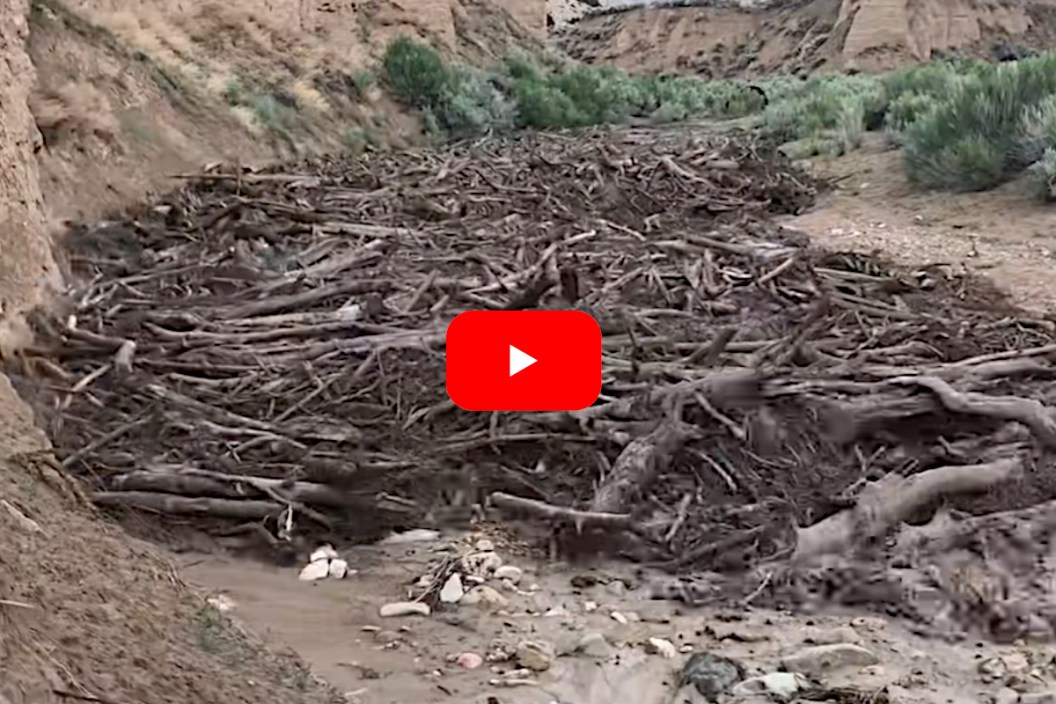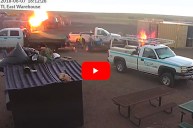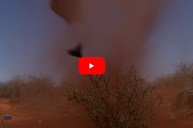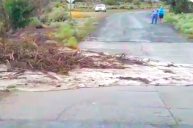Few natural disasters are as scary as flash floods, mostly because we so frequently underestimate them. One area can be completely dry and even silent, and suddenly become a natural deathtrap in a matter of a minutes. Not only can the water itself be a lethal force, but so can the debris it brings along with it. It goes without sayin flash floods have been responsible for catching their fair share of victims off guard during an outdoor adventure, which is why it's important for outdoorsmen of every cloth—whether you like to camp, hunt, or fish—to be mindful of the risks you're subjecting yourself to when you step into the wild.
In the following clip, we see a perfect example of how quick and violent a flash flood can develop, as we watch footage of one flowing through Southern Utah's Johnson Canyon a few years ago. This flash flood video shows the dangers quite clearly. This monster flash flood not only has incredibly swift waters. It also has a dangerous debris flow of sharp wooden trees that no one wants to be caught in.
Once you see something like this, you will better understand the dangers and why officials urge so much caution and issue flash flood warnings when conditions are ripe.
What an amazing moment to be caught on camera. Even if a person could keep their head above water in the middle of this deluge, wooden debris would embed itself in their skin and cut them up badly. Even when there is no debris, this type of flood is extremely dangerous. The National Weather Service says that this type of flooding kills more people than other types of serve weather.
The NWS recommends avoiding low-lying areas and heading for higher ground. They also recommend not trying to drive through fast-moving waters. Because severe weather like this can wash out a road and make it deeper than it looks. If your vehicle stalls out or gets stuck, you could drown.
While flash floods occur more often in deserts and other areas where rainstorms are scarce like Arizona or New Mexico, floodwaters like this can occur anywhere. All it takes is a little heavy rain in an area low enough for the heavy rain to flow. Keep this in mind the next time you are out exploring the wilds or your favorite National Park and hear thunderstorms on the horizon.
For more outdoor content from Travis Smola, be sure to follow him on Twitter and check out his Geocaching and Outdoors with Travis YouTube channels.




